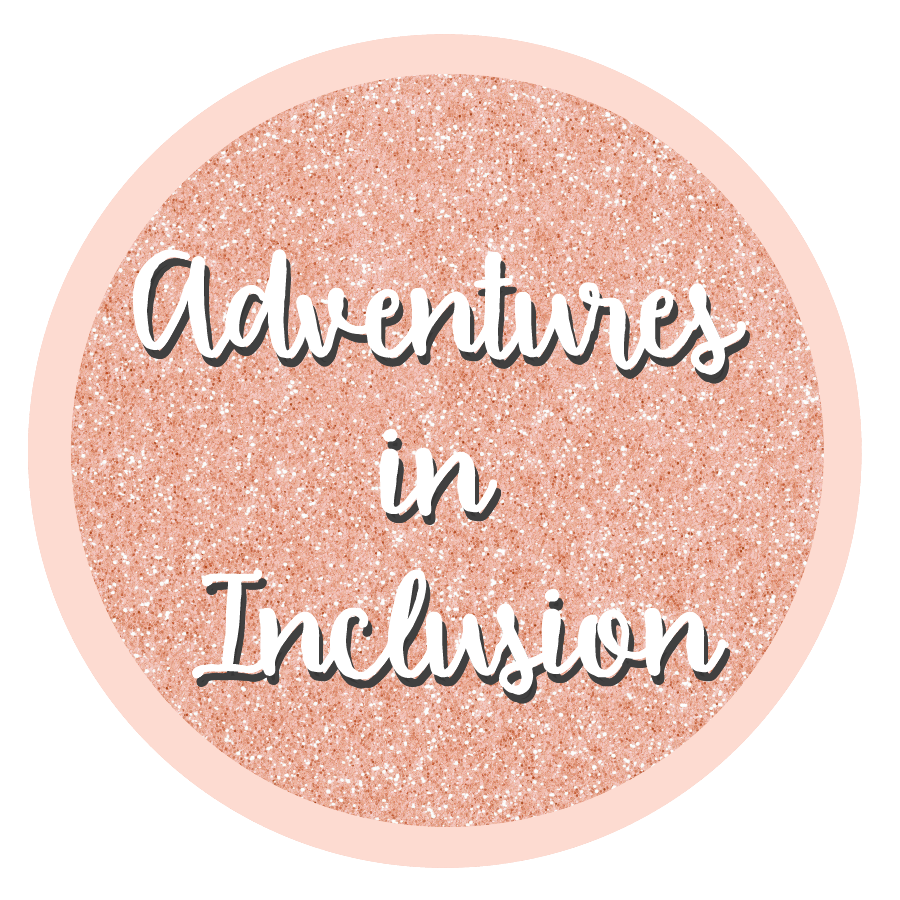
Tips for Difficult Behaviors
Working in an inclusion setting leads to many different challenges. You are trying to manage many different learning styles, abilities, and often you are trying to juggle some behaviors as well.
I think juggling really is the best description for what I do on a daily basis! I put together some of my best tips for dealing with behaviors in the inclusion setting.
Be on the Same Page
I work in a teamed middle school. My team consists of a math teacher, ELA, Science, Social Studies, a supplementary math class teacher, a specialist, a paraprofessional and myself, the special education teacher. I find that dealing with students who present behavior problems is more successful when we can all get on the same page.
I usually meet first with the teachers to determine what the problem at hand is. If necessary I complete necessary observations and possible an FBA to determine what is happening.
Often times the cause of the behaviors can be identified. Usually I talk all this through with my school psychologist. I am lucky enough to work with a psych that has become a friend and doesn’t mind when I just need to borrow her brain.
If we, as a team, can develop a behavior plan for a student then the student will benefit. Having consistent expectations across all classes helps students by giving them structure, and allowing them to know what to expect.
Clearly Communicate Your Expectations
We tend to think that things should be clear without us saying them. I am guilty of this too. By eighth grade, shouldn’t kids know that they have to raise their had to talk!? That’s just one example.
We need to stop doing this. We can’t assume students know what is expected of them.
If you are consistently and frequently reminding students of the expectations. Have non-verbal cues, hang signs in the room, put a reminder on their desk, anything that you can in order to help them remember what is expected of them.
Stay Calm
Getting upset is easy. When a student is yelling at you or acting inappropriately, it is easy to get frustrated.
You need to stay as calm as you can.
If the student is having an episode that lasts a significant period of time, maybe you need to tag out and take a walk to give yourself a break.
Remember that you are the adult and you are in control of your emotions and don’t let yourself get worked up or emotional.
What tips do you have for dealing with difficult behaviors?
Also, Check Out:
Accommodations to Support Students with Writing
How to Build Relationships with Your Students
Get your free IEP summary page!

Subscribe to get our latest content by email.






